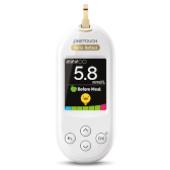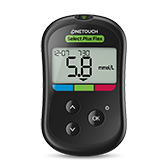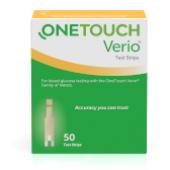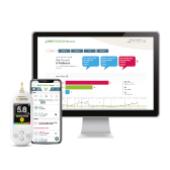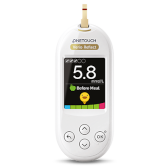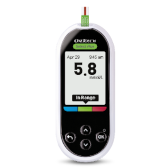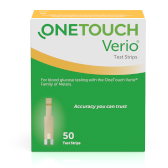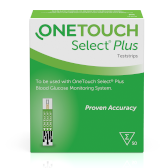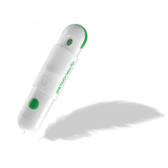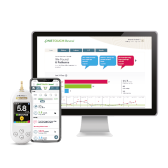
California Transparency in Supply Chains Act & United Kingdom Modern Slavery Act Statement
Last updated: 01/2026
This statement explains the steps that we have taken to eliminate slavery and human trafficking from our supply chain. Some countries have implemented legislation which require certain businesses to provide public disclosures in this regard. This legislation includes The California Transparency in Supply Chains Act of 2010 and Section 54, Part 6 of the United Kingdom Modern Slavery Act of 2015. This initial disclosure is intended to provide our customers with information that will allow them to make more informed decisions about the goods they are purchasing.
Our Business: With a vision to create a world without limits for people with diabetes, LifeScan U.S. LLC is a world leader in blood glucose monitoring – globally more than 20 million people depend on the company’s OneTouch® brand products to help them manage their diabetes. The LifeScan portfolio includes personal blood glucose meters, testing strips, lancets, point of care testing systems and integrated digital solutions. For over 35 years, LifeScan has had an unwavering commitment to improving the quality of life for people with diabetes. Through robust history of research, technological advancements and successful product launches, LifeScan has developed products defined by simplicity, accuracy and trust. LifeScan is headquartered in Malvern, Pennsylvania, USA.
Our approach to the risk of Modern Slavery
LifeScan does not tolerate or condone, slavery, the use of forced labor, human trafficking, the deprivation of liberty or other similar forms of exploitation of individuals. We are committed to minimizing the risk of it arising within our business and our supply chain and eliminating it if we become aware of it.
Our Code of Conduct and related policies and procedures make it clear that such exploitation is not tolerated, and employees are asked to report any activities that cause them concern through a number of available reporting channels, including a confidential ethics hotline and web portal.
Our Supply Chain is responsible for manufacturing products at our own facilities and through external partners. As a result, our supply chain is global and complex. We purchase goods and services from suppliers around the
world. The success of our business depends on our ability to collaborate with suppliers that not only provide the highest quality products and services but are philosophically and strategically aligned with our commitment to our social and environmental responsibilities.
Managing the human rights considerations in our supply base is a critical and complex undertaking. LifeScan takes the following steps to manage our supply chain relationships responsibly:
- Verification/Due Diligence: Based on supplier risk prioritization, LifeScan evaluates prospective suppliers during supplier selection and periodically thereafter based their role in our supply chain. These evaluations focus on ethics, employee health and safety, environmental protection with a focus on those parts of the supply chain where we have more direct control and influence, such as larger and/or first tier suppliers.
- Audit: LifeScan currently conduct audits of select suppliers who impact our quality and financial systems based on internal risk assessments. However, these audits are not designed to explicitly confirm compliance with company standards in the areas of slavery and human trafficking. These audits are not currently conducted via an independent unannounced audit, but we maintain the right to audit their activities if we have concerns about any of their practices.
- Certification: Our standard contracts with suppliers require compliance with all applicable laws. In addition, we are in the process of updating our supplier responsibility standards and assessing whether our existing contractual terms and conditions need to be strengthened to reinforce our expectations of our suppliers regarding human trafficking and slavery.
- Internal Accountability: If we become aware of any of our suppliers being involved in prohibited activities, we will take appropriate remedial action. That is likely to include trying to understand the cause of the issue, and either working with the supplier to avoid similar issues in the future where the issue was not deliberate and/or to terminate our relationship with suppliers who we consider are unable to commit to our standards of behavior. Similarly, if we identify issues within our own business, we will work quickly to identify and remedy the cause.
- Training: Annual compliance training on our Code of Conduct is required of all employees, and completion of that training and execution of our Code of Conduct is tracked. Each employee must certify compliance with our Code of Business Conduct annually, and results are reviewed by the Compliance Committee.
We will continue to continuously review and improve our approach to minimizing the risk of modern slavery and human trafficking arising in our business and supply chain and will build on our practices as appropriate in light of any risks identified.

